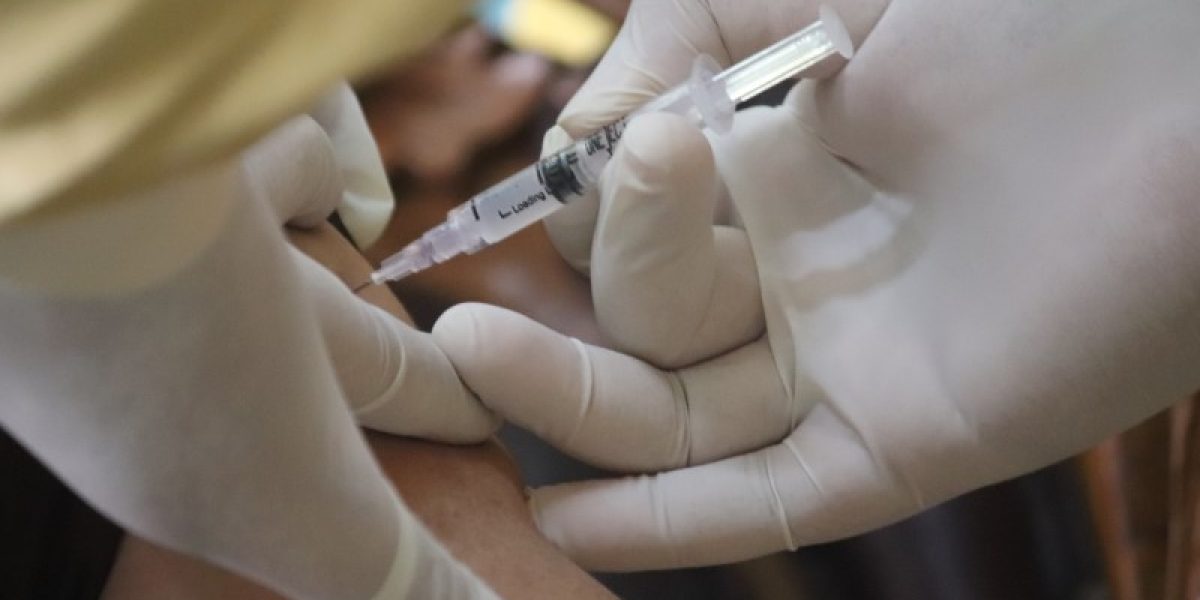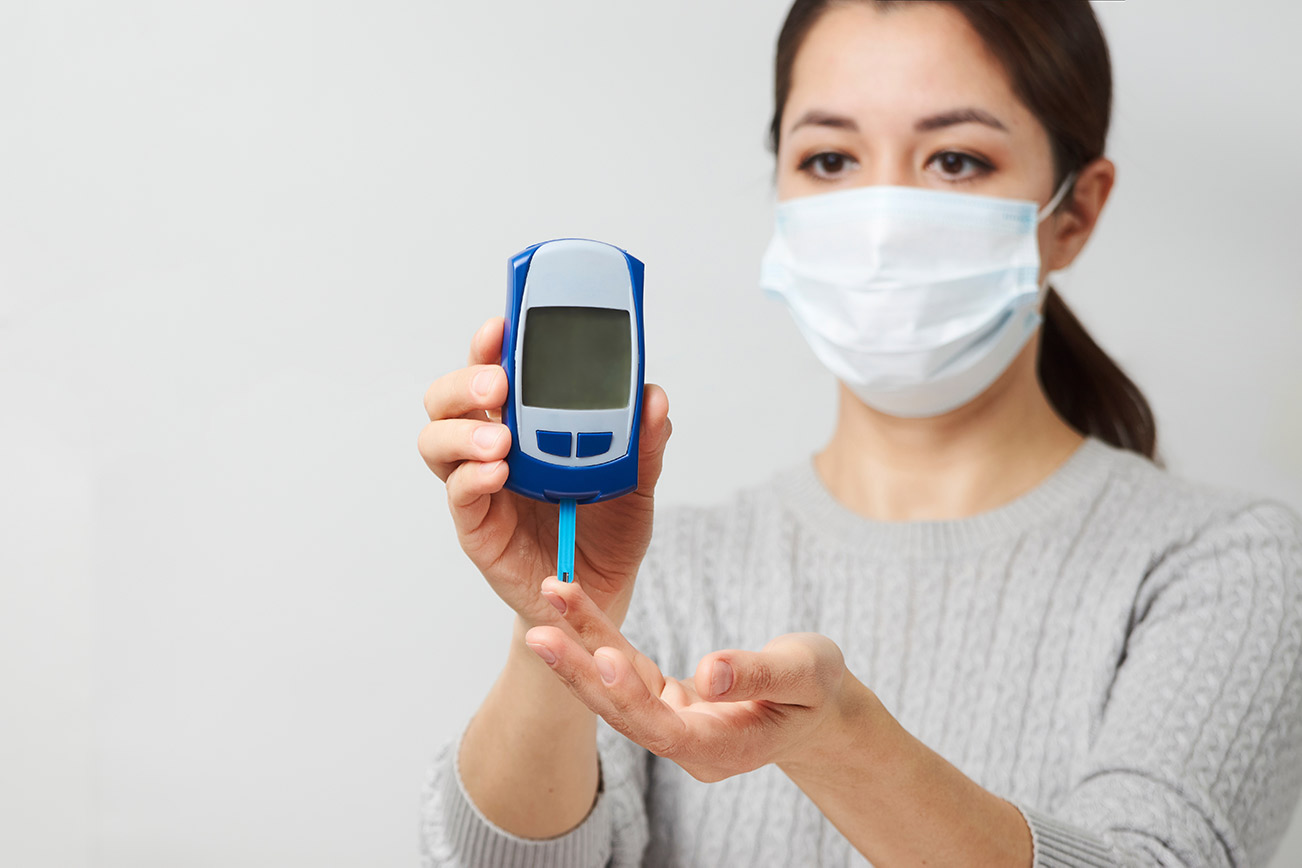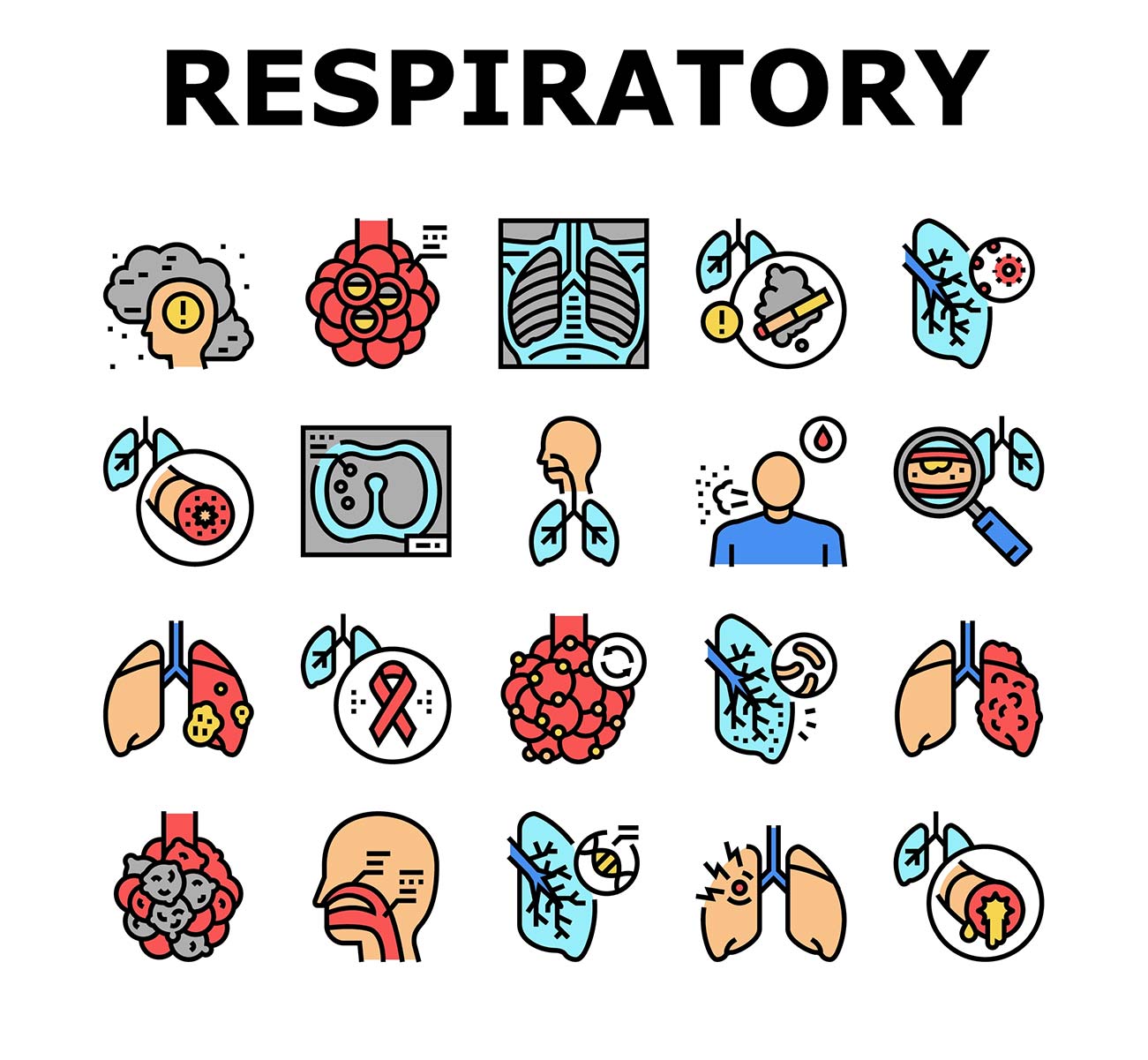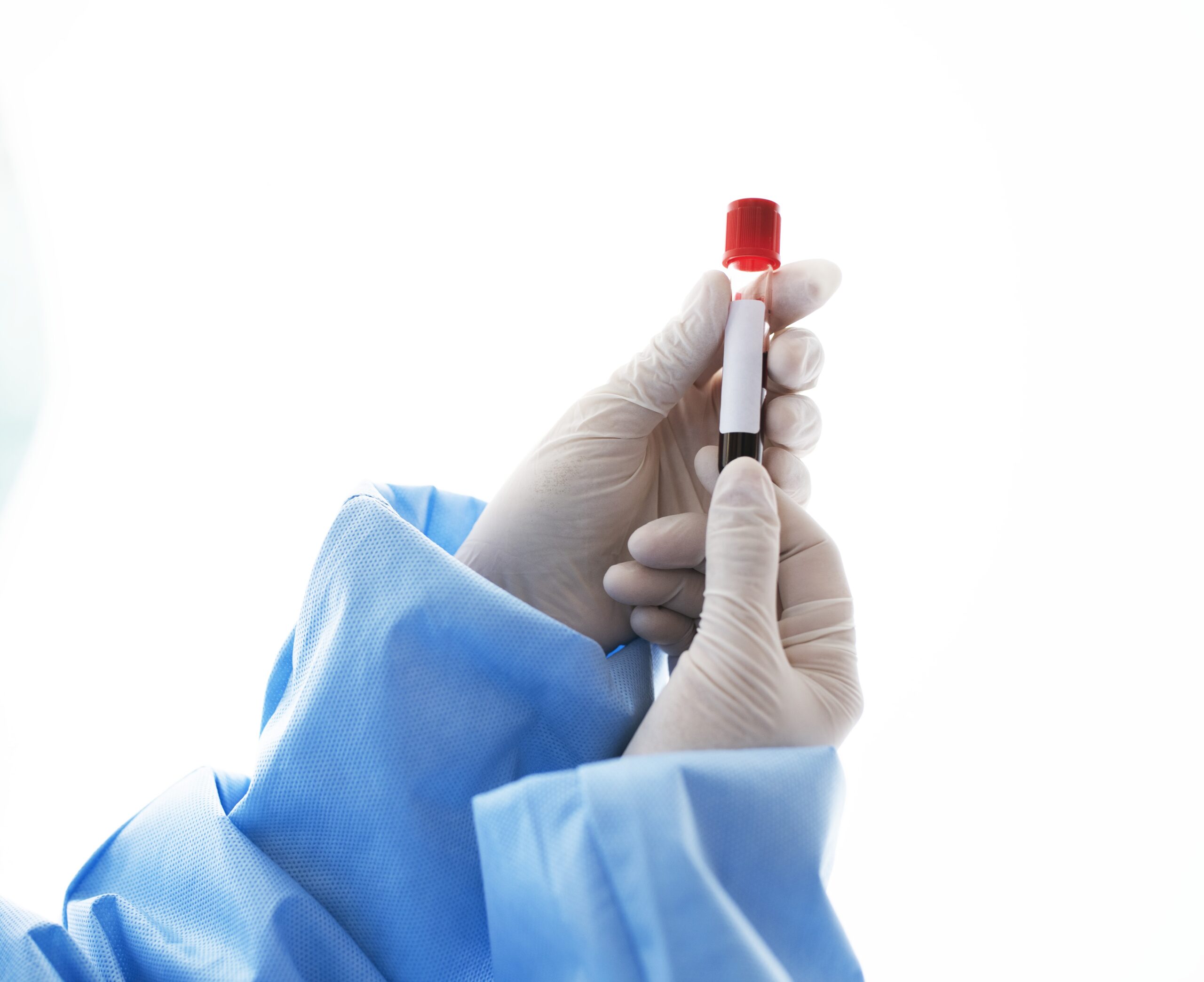Those who overuse and abuse alcohol or other substances are especially sensitive during these situations. Social anxiety and other COVID-19-related life transitions can cause or increase drug use and addiction. Chronic drug/substance use also poses significant health problems since it weakens the immune system and stresses the cardiovascular and respiratory systems. The private PCR test helps to identify the presence or absence of covid-19 pathogens. Ensure you get tested today.
A drug use disorder can increase our vulnerability to the COVID-19 virus. People who take or abuse drugs may also have underlying medical issues that place them at a higher risk of severe sickness from COVID-19, and they may be concerned about their risk. Individuals who abuse drugs and equally live in communal (group) settings or assemble with others are more likely to become infected with the virus that causes COVID-19. Persons with underlying clinical illnesses such as substance use disorder, chronic lung disease, chronic liver disease, or severe heart issues are more likely to become seriously ill from the COVID-19 virus. We all know that substance usage can have devastating effects on the body. Some of these effects are listed below, including:
Alcohol
Alcohol intake impairs the immune system and makes people more prone to infectious viruses. Alcohol-addicted persons may experience withdrawal symptoms if access to alcohol is limited or restricted. If alcohol detoxification is not carefully and rightly managed, it can be lethal.
Cocaine
Smoking or sniffing cocaine causes extreme brain alteration that leads to constriction of the vascular system (arteries, veins, capillaries) and can cause critical lung and respiratory problems. Smoking cocaine can cause various lung issues, including inflammation, haemorrhages, pulmonary oedema, bronchitis, asthma, and emphysema.
Methamphetamines and Opioids
When these are used in higher quantities, they react on the brainstem and halt breathing, leading to lower oxygen levels in the blood (hypoxemia). Therefore, leaving opioids users at risk of an overdose, which is why opioids are so deadly and usually disastrous. Methamphetamine usage is particularly hazardous because it stiffens the blood vessels, causing lung damage and hypertension.
Smoking and Vaping
We know that smoking or vaping tobacco or marijuana puts one at risk for health problems like cancer and lung damage. In addition to smoking, recent research indicates that vaping destroys lung cells and inflamed lung tissue. This decreases the lungs’ responsiveness to infection. Smoking or vaping substances (for example, heroin, crack cocaine, and marijuana) can worsen chronic obstructive pulmonary disease (COPD), asthma, and other lung diseases. Because COVID-19 affects the lungs, persons infected with the virus should avoid smoking and vaping.
Addiction and Stress
Addicts suffer from depression, anxiety, and other mental health issues. The steady influx of upsetting news during COVID-19 can raise feelings of worry, anxiety, and stress. Although drugs and other substances may briefly make one feel better, they trigger brain changes that make you feel worse afterwards. You must seek out various healthy hobbies that help you cope with stress, worry, and sadness. Take some time away from the media and the internet. Consider watching a comedy, reading a book, using relaxation or deep breathing app, or calling a buddy.
Substance addiction impairs and depletes our immune system, making our bodies unable to respond and fight off diseases. The constant use of different stimulants and drugs can result in severe health concerns such as stroke, heart attacks, irregular heartbeat, and seizures, as well as more chronic disorders such as heart or respiratory issues. Increased stress can cause a spike in drug and substance use. If you or someone you love is using addictive drugs or is increasing their usage during the COVID-19 pandemic, here is some information that may be useful:
• Contact your healthcare provider immediately
• Participate in a virtual therapy or recovery program
• Discuss pharmaceutical choices for treating alcohol or opioid use disorders with your healthcare specialist
• Take medication as directed and maintain therapy, treatment, or support visits (in person or via telehealth services) if possible
Eating healthy food to maintain a balanced diet and boost the immune system is also very necessary during the recovery process. We are also encouraged to visit any Leicester Square Clinic for an Leicester Square blood test. We can equally check our covid-19 health status using the PCR test kits for the PCR covid test.







